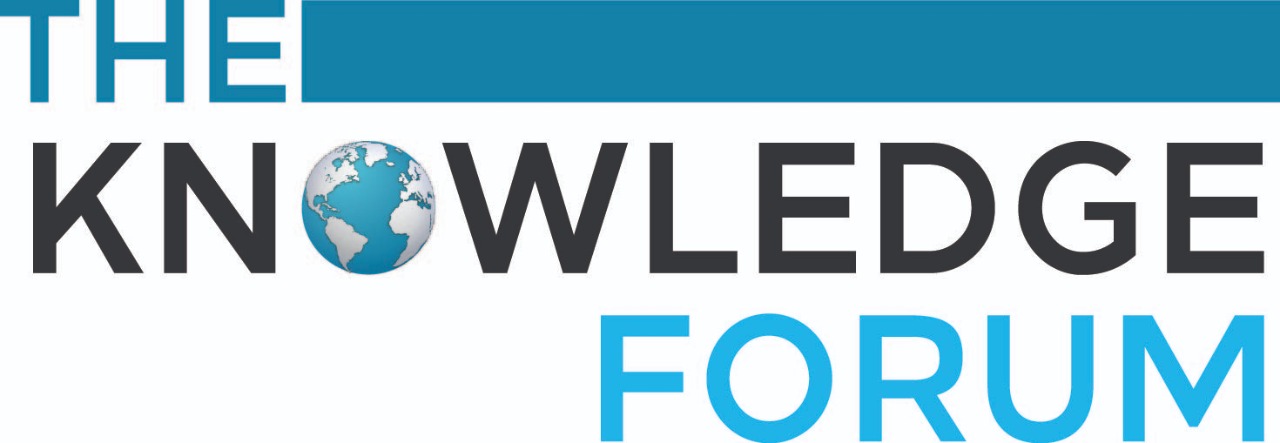Pakistan Bulletin
Up-to-date and informed analyses of key issues of Pakistan.
Pakistan’s Failed Luck in Taxing the Rich
October 2023
The regressive taxation system in Pakistan places an undue burden on the underprivileged while enabling the affluent to evade their rightful tax obligation. In this article, the author details how the rich and the powerful manage to manipulate the tax system in their favour.
A just taxation system is a fundamental requisite for an effective distribution of wealth. The core principle of taxation is that it is collected to channel back resources into the economy to build infrastructure and social sector development, which in turn fuels economic growth. The success of a taxation system lies in breaking the concentration of wealth in a few hands.
Currently, Pakistan is struggling with economic hardships including inflation, rising electricity prices, severe climate shocks, and insufficient public resources. It is also faced with a “silent” human capital crisis reflected in abnormally high child stunting rates, low learning outcomes, and high child mortality. The economic model of the country no longer reduces poverty.
The recent census, completed in 2023, confirms that Pakistan’s population has reached 241.49 million with about 40 per cent living below the poverty line. Poverty has shot up as of last fiscal year with 12.5 million more people falling into the fold due to poor economic conditions. Ironically in this dismal state of economy, Pakistan has a tax-to-GDP ratio of 10 percent.
Taxation in Pakistan is a complex system of more than 70 unique taxes administered by at least 37 agencies established by the government. According to the Federal Bureau of Revenue, in 2021, the number of registered tax filers had grown to 7.1 million out of which only 2.5 million were active tax filers. In 1991, Pakistan’s tax system was changed from a progressive to a regressive regime. As a result, the tax burden on the poor has increased by 17 per cent – as noted by the data by Make Tax Fair – through the period of 1991-2013, whereas the tax ratio from the richest households saw a decline.
In 1991 Pakistan's tax system was changed from a progressive to a regressive regime. As a result, the tax burden on the poor has increased whereas there has been a decline in taxation on the richest households.
Pakistan’s economy has suffered, in terms of revenue collection and rising budget deficit to meet basic resource needs for running essential services over decades due to the culture of tax avoidance, which may also be called “the legal utilization of tax laws to minimize the amount of payable tax”. It is therefore a necessity to have a structural overhaul to streamline the tax system. A key component of the overhaul should be the extension of the narrow taxation base to the elite. A World Bank report also points out that out of the 39.1 million employed in the country, only 2.14 million pay taxes. Almost none of these taxes are generated in the ‘high’ income bracket (over Rs 3 million per year). The simple fact is that the development of the taxation system in Pakistan has been shaped so that it favours the rich rather than the poor.
International Financial Institutions, that have come to gain significant clout over Pakistan’s economic policy due to the latter’s perpetual debt dependency, have proposed a number of prescriptions aimed at transforming the existing tax structure. In a report titled “Tax Better, Spend Better”, the World Bank suggests a transformation that involves moving away from underfunded, inefficient, and disjointed service delivery and social protection systems, towards coordinated, efficient, and adequately financed service delivery. Similarly, the International Monetary Fund (IMF) has also urged Pakistan to protect the poor and impose more taxes on the wealthy.
The economic recession that started in 2018 further deepened by the year 2021/22 while inflation – which had averaged 8.29 per cent since 1957-2023 – reached an all-time high of 37.97 per cent in May 2023. There was a public demand to tax the wealthy so that they would also contribute to bailing out the country from an imminent meltdown. Owing to public pressure, a set of amendments in the tax laws through the Finance Act, 2023 relating to the corporate sector was introduced. These included progressive tax rates or “Super Tax” on high-earning persons, ranging from 1 per cent to 10 per cent. The super tax was to be accounted for while computing quarterly advance tax liability. Similarly, quarterly advance income tax was applicable on a project-to-project basis on persons deriving income from businesses such as construction and real estate. In addition, taxes on bonuses were also reintroduced. A new concept of “additional tax on income, profits, and gains” with a capped rate of 50 per cent was introduced for extraordinary incomes of companies, and measures like enhancement of withholding tax (WHT) rates by 1 per cent were also announced.
For Budget 2023/24 the Federal Bureau of Revenue through its advance notice on income tax proposals highlighted measures which shall be focused during the fiscal year. Some good suggestions included broadening the tax base for wider participation in revenue generation efforts, taxation of real income on a progressive basis, phasing out tax concessions and exemptions, removal of tax distortions and anomalies, facilitation of taxpayers and ease of doing business; and promoting equity in taxation by introducing measures where the incidence of tax is higher on affluent classes. Most of these proposals were compromised in the final budget owing to political pressures from the business elites. Super tax, ranging from 1 per cent to 10 per cent, levied on income ranging between Rs 150 and Rs 500 plus million, was challenged by the business elites, commercial banks, agriculture and real-estate tycoons in the court of law. In July 2023, the Islamabad High Court (IHC) proclaimed the imposition of Super Tax as “exceeding the scope of authority granted by law, contract, or agreement”. The matter is still pending before the Supreme Court, however, it is clear that the high income groups in Pakistan are unwilling to part with their money even when the country’s economy faces a bleak future.
Last year, super tax ranging from 1per cent to 10per cent was levied on income ranging between Rs 150 and Rs 500 plus million across all the sectors or categories. However, the tax was challenged by the business elites forcing a standstill on the decision.
The shortfall in tax collection and revenue generation is normally met by increasing mid-year tax ratios or increasing indirect taxes on essential items. At the year-end, the budget deficit is mostly met by cutting the financial size of the Public Sector Development Programme including investment in the social sector and social safety net programmes directed at income support, poverty alleviation, workers’ pensions and welfare. Following the failure of the Super Tax project, the burden of restoring the economy from perpetual recession and losses has once again been transferred to indirect taxes on essential commodities, electricity tariffs, petroleum levies and an increase in general sales tax to the tune of 17 per cent.
Tax ‘avoidance’ is deeply embedded in Pakistan’s existing taxation structure in the form of tactical exemptions. It is no surprise that agriculture, which makes up almost one-quarter of Pakistan’s economy, is exempt from taxation. Pakistan’s formal economy only functions on the back of the small tax-payers’ contribution. Tax avoidance and tax theft generate and give rise to the black economy which is currently a 3:1 ratio of the formal economy. A thriving black economy based on money laundering, tax avoidance, illegal tax evasions, smuggling and other illegal businesses continues to challenge the government.
While emphasizing the importance of progressive taxation, there have also been discourses about rationalizing government expenditure in Pakistan. Economists including Dr Kaiser Bengali suggest the government cut down non-combat military expenditures and non-development expenses to ease out the fiscal deficit. Dr Bengalis argues that the economy is structurally too weak to generate more taxes from the middle and working classes.
As the government struggles to raise money to rehabilitate material losses in the floods of 2022, also called Pakistan’s worst calamity, tackling these endemic issues plaguing recovery and progress becomes a matter of survival. Now more than ever, Pakistan’s elites must contribute toward bridging the perpetually widening gap between the rich and poor in Pakistan.
Irfan Mufti
Author
The writer is a political economy expert and people’s rights campaigner. He works as Deputy Executive Director at South Asia Partnership Pakistan.

Get the latest news and updates from our team
